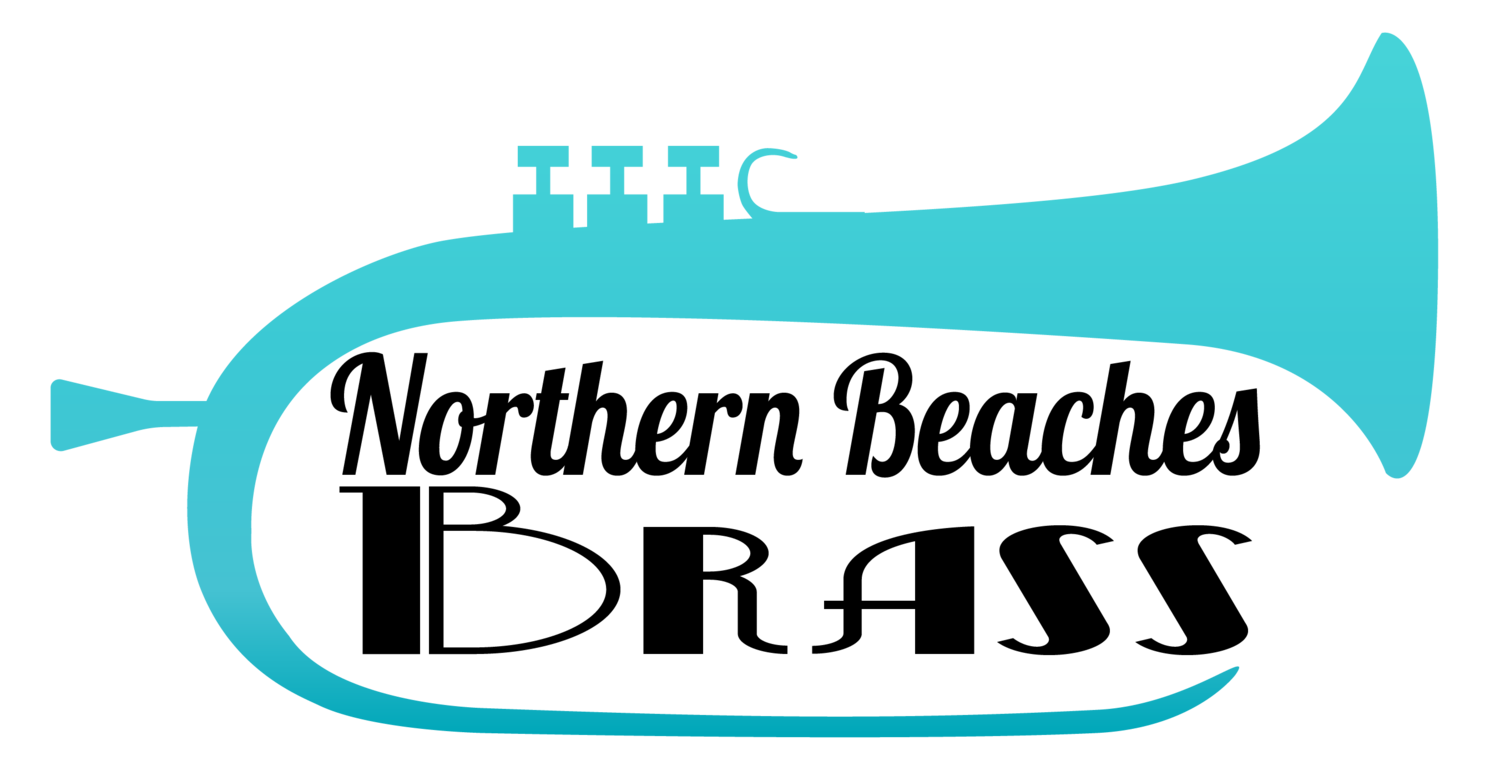My son Joseph, playing my trumpet
Trumpet is my first love.
I started playing trumpet from the age of 8 and have been teaching trumpet for 19 years.
The trumpet has a bold, majestic sound which spans across most major genres and is one of the most divers in the types of groups it can be played in, from Orchestra and Concert Band to Jazz Ensemble, Big Band, Funk, Pop, Fusion, Latin, Reggae and much more.
Trumpet Personalities
There are several types of personalities who excel on the trumpet. Here I'll share the main two which come to mind. The first stereotype is the adventurous, fun loving, loud and confident type. Some would add over-confident, tending towards egotistical. Let's face it, when the lead trumpet player makes a mistake, everyone hears it, so this personality says, I'd rather be strong and wrong than timid and right.
I've also encountered great trumpet players who are not at all like this first stereotype. Quiet, inner-confidence would sum them up, conscientious with possible leanings towards perfectionism. They are often easy to spot as the only person in the trumpet section who knows where we are up to in the rests...
A few things to look for
if you think trumpet is the instrument for you:
- you need to have your front 4 adult teeth -
these provide the support for the lips and mouthpiece. I don't recommend starting to learn trumpet until these teeth are in place. If your teeth are particularly crooked, the mouthpiece may be uncomfortable and awkward to place against the lips.
- arm strength - the trumpet is not particularly heavy, but it is held with the weight mostly in the left arm and some distance out from the body, leading to a certain amount of static weight. This can be helped by purchasing a light weight student trumpet such as the Yamaha YTR2330, and also by ensuring correct technique and posture, which allows the student to play much more relaxed and supported.
- pitch - because you create the pitch of the note with your lips, you need a fairly good feel for pitch, as in, how high and low notes are in relation to each other. While this will certainly develop through playing trumpet, students who can hum or whistle approximately in tune will find the trumpet much easier to pick up.
- practice - the trumpet is a very easy instrument to understand and grasp. The challenge is that it is largely controlled by tiny little muscles spread throughout our lips, which we have never had to really use for anything before. Improving at trumpet is all about the strength and control of these tiny little muscles, which is only possible with small amounts of practice every day. Students who lack the time or desire to play a little each day will soon become demoralised, lack progress and loose interest.





